You’re looking for a therapist. Fortunately, you came to the right place. That is, you came to the right place as long as you were hoping to find advice on how to find a good therapist by binge watching episodes of Monk.
If you were hoping for an academic journal offering sober, reasoned advice for selecting a therapist… well… better luck next time.
But in all seriousness – well, some seriousness – if you look at the TV series Monk in its entirety, the show does (probably) have a lot to offer anyone who is looking for inspiration and ideas on what they should look for in a therapist.
So let's put Monk on the couch and analyze it...
Today's "TV Lesson" Breakdown:
- First, a little about Monk
- Tip #1: A good therapist is accessible.
- Tip #2: A good therapist is affordable.
- Tip #3: When appropriate, a good therapist will offer you that much needed pep talk.
- Tip #4: Your therapist should help you think through problems.
- Tip #5: A good therapist should challenge your assumptions.
- Tip #6: A good therapist helps you with a goal.
- Tip #7: A good therapist recognizes that every patient is different.
- Bottom Line
First, a little about Monk
For those who don’t know, Monk (2002-2009) is a detective show that used to run on the cable network USA and now can be found, well, everywhere. Contrary to what the title suggests, it isn’t about a monk who takes a vow of silence and poverty and solves crimes in his spare time.
No, the series is actually about former San Francisco police officer Adrian Monk, who is now a detective a police consultant and played by national treasure Tony Shalhoub. Adrian Monk, in many ways, lives like a monk, walled off from society, thanks to his obsessive-compulsive disorder. But while Monk obsessives over every detail, that attention to detail is what makes him so good at crime solving.
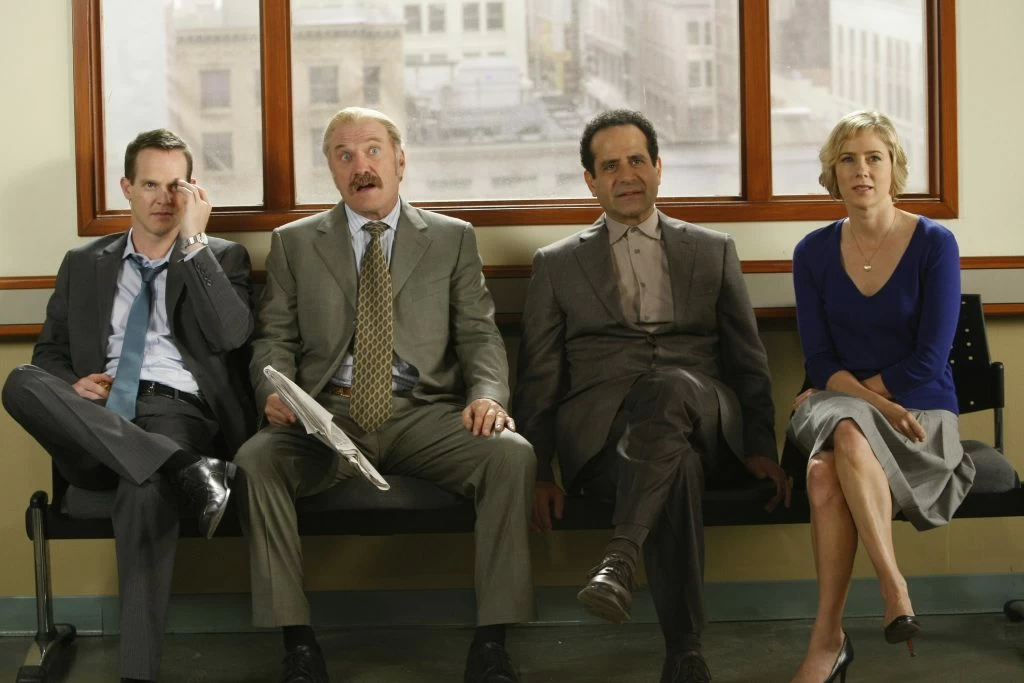
But Monk has some issues that have kept him off the police force – ever since his wife, Trudy, was murdered. It’s the one crime that Monk, throughout most of the series, can’t solve, and it’s the source of a lot of anxiety.
Of course, Monk is anxious about a lot of things, including frogs, possums, soccer riots and hailstones. Also: germs, milk, crowds, lightning, elevators, blenders, chalk, tunnels, thatched roofs and salted peanuts.
Not to mention lions, lint, kiwi fruit and egg whites. He was also afraid of harmonicas and ladybugs.
You know, Monk was pretty much afraid of everything.
So not surprisingly, and wisely, throughout the series, he saw a therapist.
For most of the series, Adrian Monk sought the counsel of Dr. Charles Kroger (Stanley Kamel), a psychiatrist. After Kroger died of a heart attack (and sadly, Kamel died of one, too), Monk had regular sessions with Dr. Neven Bell (Héctor Elizondo).
But you probably know all of this. So I’ll get right to those “what to look for in a therapist” tips.
Tip #1: A good therapist is accessible.
I’m not saying therapists who are busy and whose calendar is filled should be avoided. Obviously, that therapist is in demand and is probably does an excellent job.
But, still, if you find a therapist who will shift their calendar to work you in, you’ve got a keeper. In one episode, “Mr. Monk and the Three Julies,” Monk manages to see Dr. Kroger in the middle of the night. Granted, we’re dealing with Monk (who is very obsessive), and from the scene, you do get the idea that before the conversation, he probably forewarned Kroger that this conversation had to do with an important murder case that he was working on, one involving a possible serial killer going after women named Julie Teeger.
But, still -- a therapist willing to see a patient in the middle of the night. You'd never want to let that therapist go.
“I just wanna thank you again for seeing me on such short notice,” Monk says. “Were you sleeping?”
Dr. Kroger says, “No, not really. No.” (It’s obvious by the look on Kroger’s face that he had been sleeping.) “I’m happy to do this,” Kroger adds.
“Your wife didn't sound happy,” Monk says. “I could hear her in the background.”
“No, Madeline is fine,” Dr. Kroger says. “Madeline knows this is part of the job. She understands that.”
Monk asks: “Does she have Tourette syndrome?”
Madeline clearly does not. But Dr. Kroger says, “Yes. Yes, she does.”
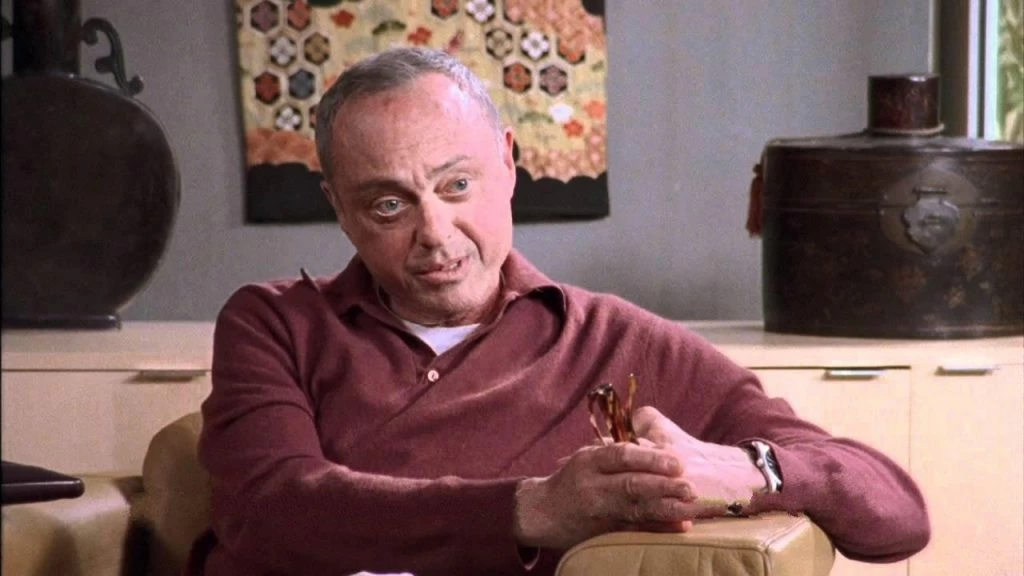
Tip #2: A good therapist is affordable.
Therapists are expensive, and for good reason. They go to school for a long, long time, so they can learn how to help guide people through thorny problems without sending them spiraling and making things worse. So, sure, therapists aren’t cheap.
But some are more expensive than others, and you need to think about your budget when you start to work with a therapist. That’s nicely illustrated in the episode, “Mr. Monk and the Other Detective.”
Monk is feeling discouraged because there’s another detective in town, Marty Eels, who is sleuthing circles around him.
Dr. Kroger tries to give Monk some perspective on how he is feeling.
“There is always someone ahead of you. This is the human condition,” Dr. Kroger says. “For instance, there, there's a new psychiatrist here in town, name of Lowenstern. Now, I know that there is no way that I will ever be, well, as good as he is. I know this. I accept it.”
“He's better than you?” Monk asks. He is intrigued.
“He's brilliant. Nominated for a Nobel prize,” Dr. Kroger says.
Monk wants to know more about Lowenstern.
“I could introduce you,” Dr. Kroger says. “Office is right across the street. He charges $400 an hour.”
And, just like that, Monk recognizes how good he has it. “So where, where were we?” Monk asks.
Tip #3: When appropriate, a good therapist will offer you that much needed pep talk.
I want to be careful here. I’m not a therapist, nor any sort of expert on psychology. But I think I’m on safe ground when I say that it’s helpful when you and your therapist are in sync, and you like each other. And, yeah, getting an occasional pep talk or vote of confidence from your psychologist or whomever is counseling you is arguably icing on the cake.
I’m thinking of the episode, “Mr. Monk and the Astronaut,” when Monk is feeling very discouraged about a case he is working on. After all, the killer has a pretty air-tight alibi. He was in outer space when the murder occurred.
“When I when I look at a man, a real man, like Steve Wagner... I just feel weak. I just feel so inadequate. I know he's guilty. But I'll never be able to prove it,” Monk tells Dr. Kroger.
“Adrian, Steve Wagner is a human being. And if he's guilty, I know something he's very much afraid of,” Kroger says.
“What's that?”
“You,” Dr. Kroger says.
No wonder Monk ends up solving the case.
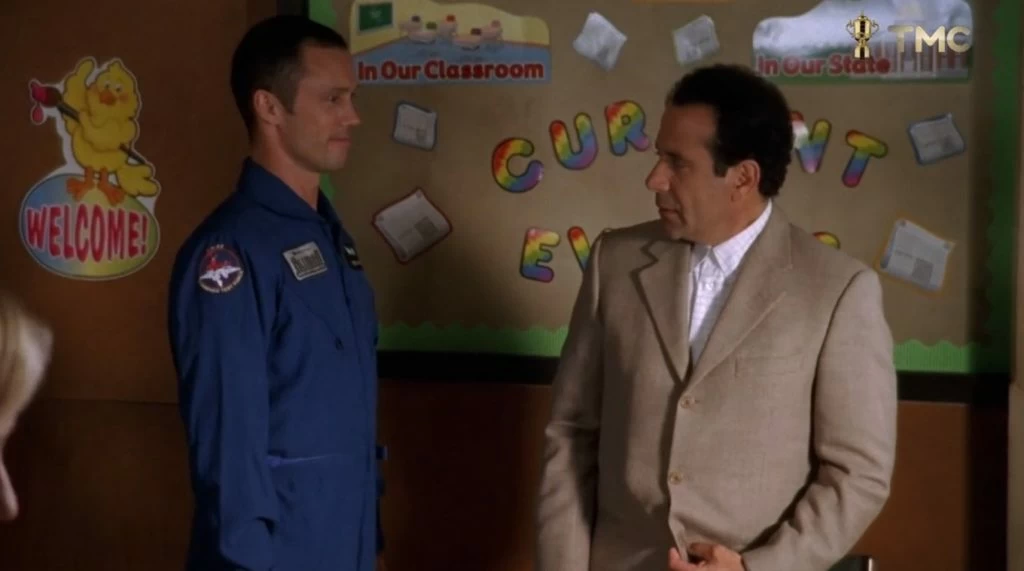
Tip #4: Your therapist should help you think through problems.
Pretty obvious tip, but that’s something to keep in mind if you’re seeing somebody week after week, or month after month, and you feel like you’re getting nowhere.
In the episode, “Mr. Monk and the Big Reward,” which focuses on a diamond heist, Monk reveals to Dr. Kroger that when he was on the police force, he hated cashing his paycheck. Monk says that he still hates cashing it.
“To me, police work is like a higher calling. Like the priesthood,” Monk says.
“You know, Adrian, even priests have to get paid,” Dr. Kroger says. “But it brings up an interesting question. Something I would like to explore with you. What would you do if you had a million dollars?”
Unfortunately, for the therapist and the patient, Monk’s answer doesn’t really lead him anywhere, but again, probing questions from your psychologist can help you get to where you need to be.
And Monk’s reply, as to what he would do with a million bucks?
“Well, uh, I guess I'd hire you full time,” Monk tells Dr. Kroger. “And keep you on retainer. 24/7. Maybe I'd buy you a house right next to mine. So I could just drop in anytime. This is fun. What would you do with a million dollars?”
“Buy an island,” says a beleaguered Dr. Kroger. “A desert island in the middle of nowhere.”
Tip #5: A good therapist should challenge your assumptions.
After all, you may think you have no problems, and if the therapist can tell that you are actually, indeed, uptight, or a jerk to people or you have issues in any number of areas, you don’t want your psychologist to agree with everything you say – and not help you become more self-aware.
Dr. Neven Bell does this in the episode, “Mr. Monk Gets Lotto Fever.” Monk becomes jealous of his assistant Natalie, who has become well known as the “lotto girl” on TV. He thinks the fame has gone to her head – and it has – and he clearly is put out that she isn’t satisfied simply being his assistant.
“I mean, after all I've done for her,” Monk grouses to Dr. Bell. “You know, I give her money almost every week.
“But doesn't she work for you?” asks Dr. Bell.
“That's not the point exactly,” Monk says.
Now, a lousy therapist might let that go or perhaps agree with Monk, but Dr. Bell tries to help Monk look at the big picture.
“Adrian, Natalie's a human being,” Dr. Bell says. “Now all this attention can throw a person off-balance, especially if it comes suddenly and unexpectedly. I once wrote a book on body language, and it spent all of three minutes on the best seller list. Now, I was very young, and I'm sorry to say I became a bit of a diva. I didn't like myself very much.”
“So now you're on her side,” Monk says.
“The question is why aren't you on her side? Why aren't you happy for her? Natalie's your friend.” Then Bell, who probably should have allowed Monk to come to this insight himself, adds: “Maybe you're afraid she doesn't need you anymore. Maybe you're afraid of losing her.”
On the other hand, maybe it’s good that Dr. Bell did add that Monk might be afraid. He knows his patient, and indeed, Monk replies with: “Maybe I just feel insulted.”
“Insulted?” Dr. Bell asks.
“What I do is hard,” Monk protests. “I am out there. I am sweating out every clue. I’m putting killers behind bars. What does she do? What does she do?”
Monk picks up a day calendar and says, “Ninety-one. Number 91. Number 91. I mean, how hard is that? A talking monkey could do her job. It’s embarrassing.”
“Actually, that’s 16,” Dr. Bell says. “You’re holding it upside down.”
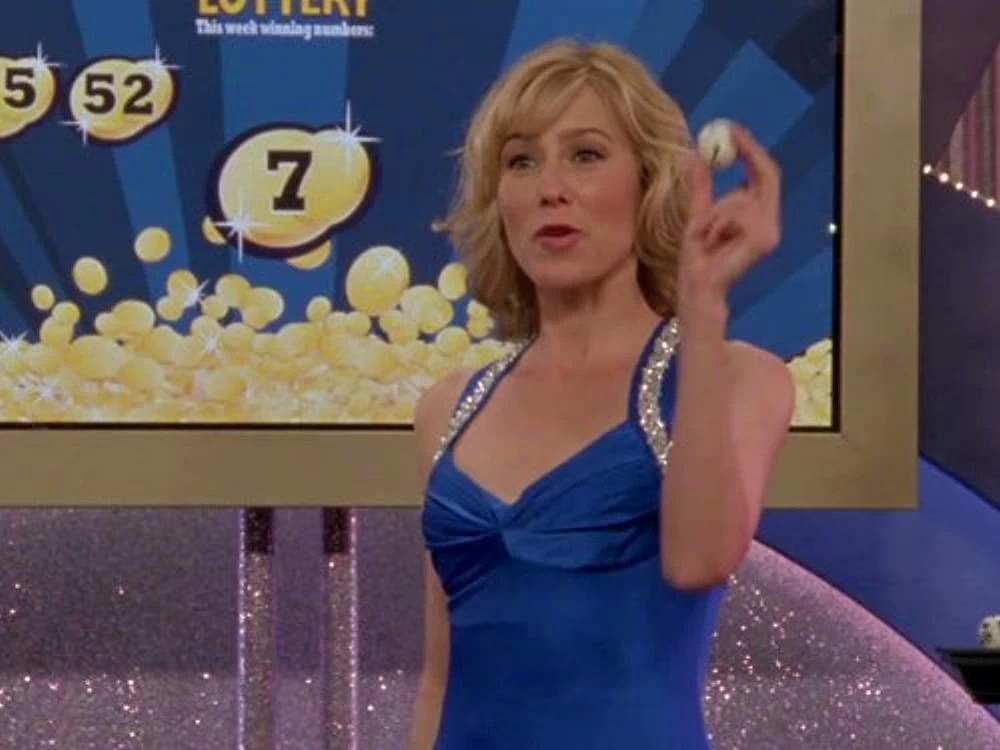
Tip #6: A good therapist helps you with a goal.
That’s important. You don’t want to necessarily go to a therapist for the rest of your life, or if you do, you at least want to know that you’re seeing a professional for specific reasons – and that by going to these sessions, you're improving as a person.
In Monk’s case, ultimately, Dr. Kroger – and then Dr. Bell – is there to help Monk shed enough of his anxieties that he can go back on the force as a detective. The police trust Monk as a consultant, helping out. They don’t really trust him with a gun and a badge.
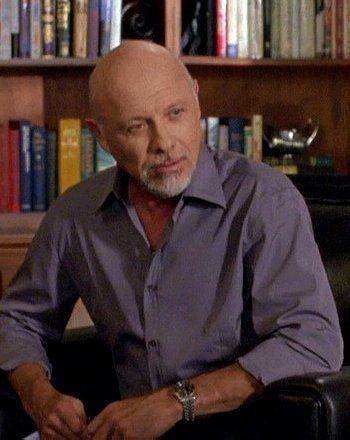
Tip #7: A good therapist recognizes that every patient is different.
In other words, what works for some patients may not work for you, and a good therapist is going to know that. Many psychiatrists, for instance, might suggest that a patient as anxious as Monk take some medication to calm them. And in fact, in the episode, “Mr. Monk Takes His Medicine,” Dr. Kroger does just that. He prescribes Monk a new (fictional) medicine that can treat his obsessive compulsive disorder, Dioxnyl.
So Monk takes Dioxnyl and is soon a new man, but a man who no longer notices every detail in life. Monk struggles with solving the case he is working on – trying to learn the identity of a guy who started firing shots at police officers. Ultimately, Monk stops taking the medicine and goes back to solving crimes, and Dr. Kroger doesn’t prescribe any more medication to his patient.
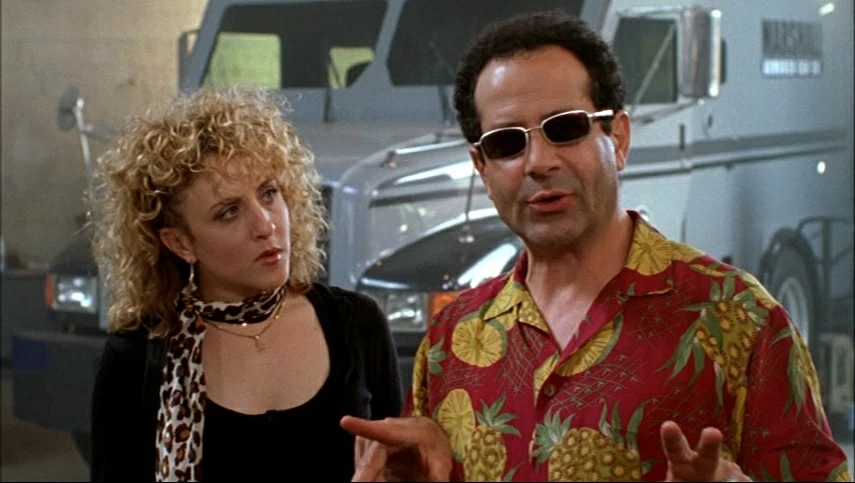
Bottom Line
So there you have it – seven qualities or characteristics to look for when choosing a good therapist, at least if we go by Monk reruns. If you find someone to talk to who is on par with Dr. Kroger or Dr. Bell, you may not learn to solve crimes that stump your local police force, but you probably will at least solve your own problems.
Where to watch this show (at the time of this writing): Monk is on every Sunday evening on the cable channel, Me TV. The entire series is also on PeacockTV.com.
Articles similar to this finding a therapist one: Maybe you’d like this one about health tips that you can get by watching Columbo. Nothing to do with therapy, but it does feature another brilliant TV detective.

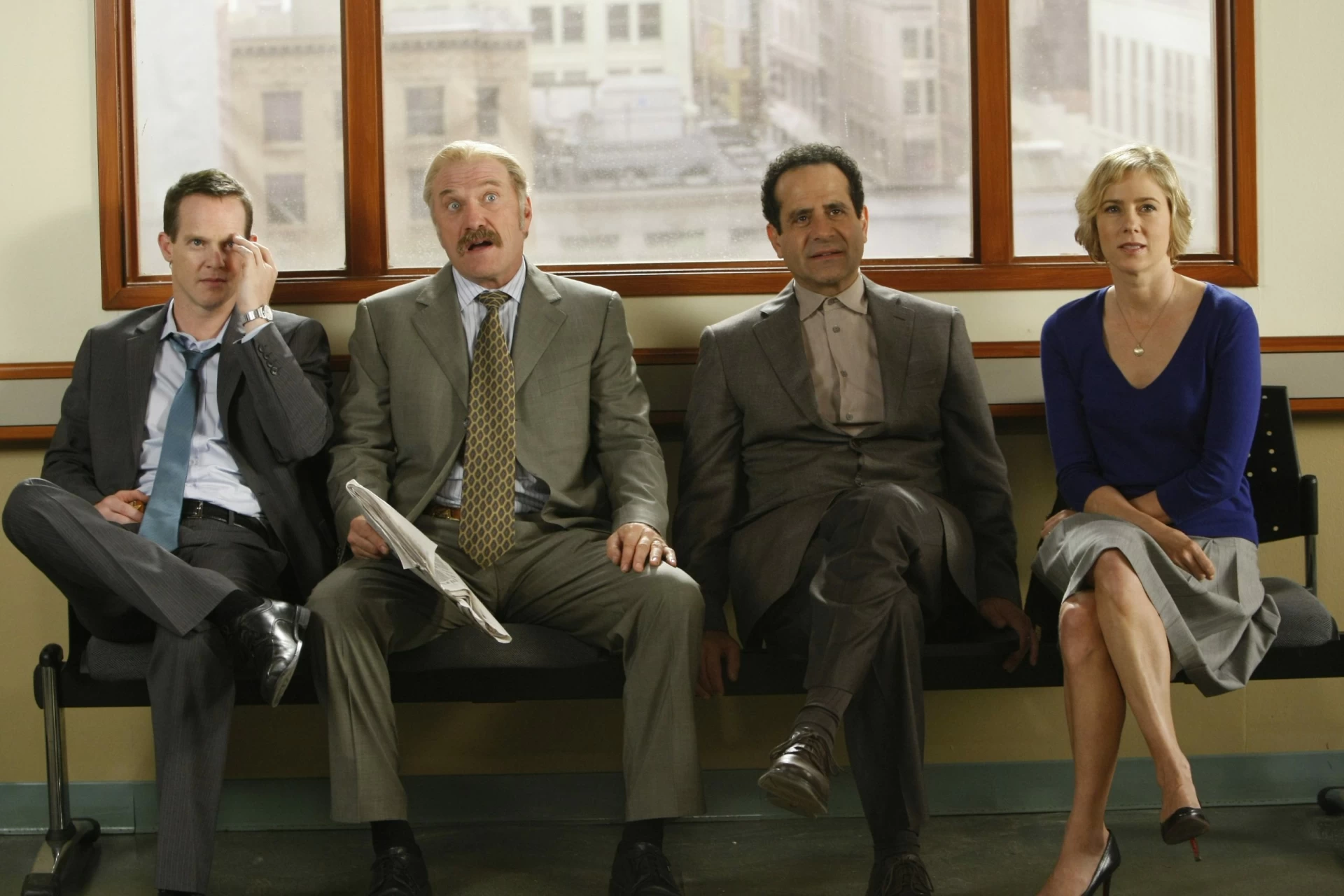
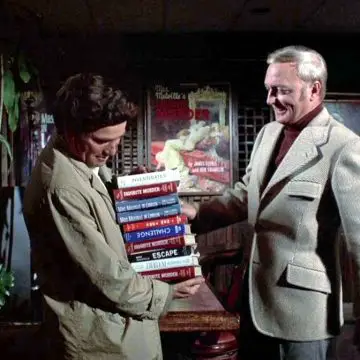
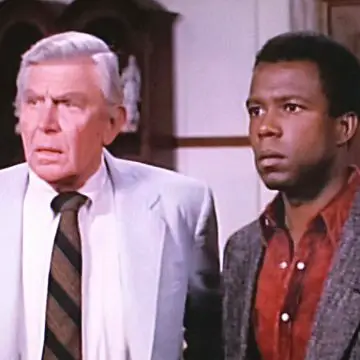
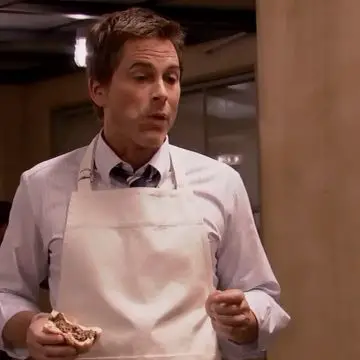
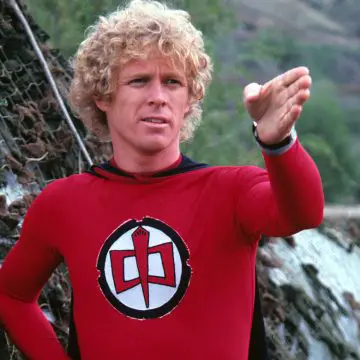
Leave a Reply